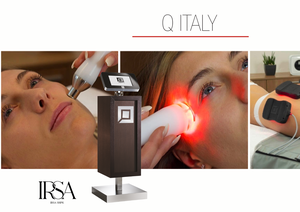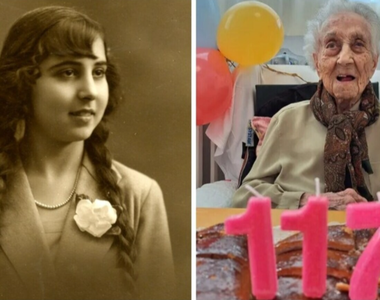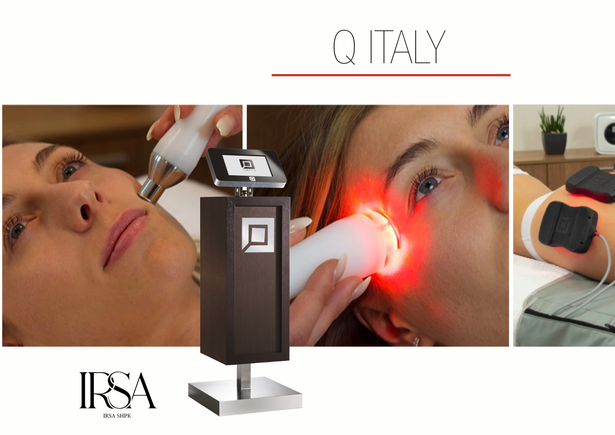
Emotionally secure people live in their own way and stick to their own values ??and beliefs in any situation.
According to Cortney S. Warren, a Harvard-trained psychologist, emotional security can help people have more gratitude for the good in their lives, as well as be more creative, spontaneous, and free.
If you answered yes to most of these questions, you are more emotionally secure than most people:
1. Can you listen to different points of view even when you disagree? Emotionally secure people listen to others' opinions without reacting aggressively.
2. Can you set healthy boundaries? Emotional safety is about knowing yourself and setting boundaries based on your values. Consequently, emotionally secure people articulate how they want to be treated and determine their reactions if those boundaries are not respected.
3. Do you accept a certain situation even when you are wrong? We all make mistakes, but it can be very hard to admit. Emotionally secure people take responsibility and apologize for their actions even when they are wrong.
4. Do you know your values ??and beliefs? Emotional security is related to being authentic, knowing one's values ??and acting in a way that is consistent with them in all life situations.
5. Do you express negative emotions respectfully? This means communicating your feelings in a respectful way.
6. Do you accept criticism from others? Accepting criticism is a key sign of emotional safety.
7. Do you constantly strive to change and grow? These people are not afraid to embrace change. They find joy and satisfaction in the idea of ??learning and becoming the best version of themselves.
8. Do you stop yourself from reacting impulsively? Emotionally secure people tend to be adept at choosing responses to difficult situations. Therefore, they often do not react impulsively, but express things clearly.
9. Do you have faith that everything will go well, no matter the challenges? The more confident you feel in your own skin, the more freedom you have to enjoy life while building meaningful and authentic relationships.







